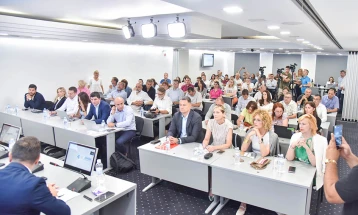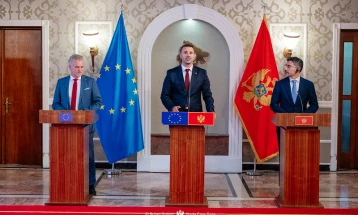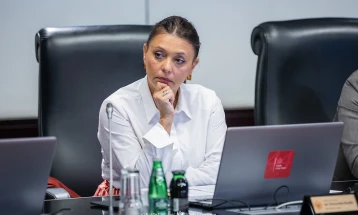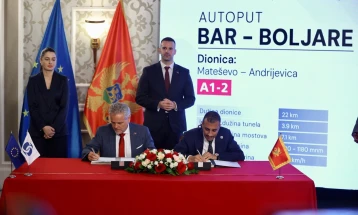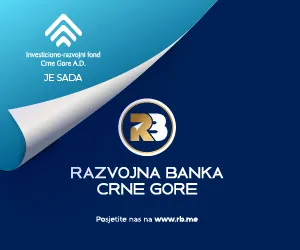Outlines of the Laws on electronic trade and on signature presented
- Outlines of the Laws on electronic trade and on signature presented
- Post By daniloc
- 12:37, 7 decembar, 2001

Podgorica, (Montena-business)- The Laws on electronic trade and on signature, which outlines were presented today for the first time to the public, regulate an unknown business sphere in Montenegro, which will open new working places and create new jobs.
The director of the Institute for Studies and Predictions, Petar Ivanovic said that it was not about systems regulations, but pre-conditions for development of free trade in Montenegro. These two Laws will help entering into the global electronic trade, which will increase employment, investments and competitive economy.
“Even though the number of personal computer users in Montenegro is not high, it will for sure grow. About 2/3 of Montenegrin companies use computers, and more than 42% are connected to the Internet, so that these regulations will provide easier and faster trade” said Ivanovic.
Minister of Trade, Ivan Raicevic, claims that the Laws on electronic trade and on signature will contribute to the free movement of capital, goods and ideas, which is the fastest way to development of society.
”Adoption of these Laws will move the country closer to the EU, considering that similar laws in EU were adopted this or last year. The purpose of the general discussion is to improve the laws’ outlines before the Government and the Parliament start discussion over it” said Raicevic.
Dragan Prlja, from the Institute for Comparable Law, said that the Laws were in harmony with the EU regulations, and that the laws represented a legal frame for free electronic trade.
“The Law on Electronic Trade regulates the course of commercial information, making agreements and payments by electronic way. The Law on Electronic Signature regulates conditions of digital signature and business of the company which will be giving certificates for them” explained Prlja.
The representatives of companies and institutions, which businesses will be regulated by these laws, took part in the discussion. Their complaints were focused at the limitation of electronic payments with abroad, and at lingual and legal inconsistency of the outlines. The representatives think that the Agency for Telecommunications should not control the office that approves certificates for electronic signatures, as it is defined by the outlines. The topic of this discussion was also who should be the proprietor of the office that approves certificates and covering of these two new laws with present domestic and European regulations.
The representatives emphasised that it was necessary to make additional documentations for the laws’ outlines, in order to inform citizens, Government and members of the Parliament about whom the laws refer to and with what benefits use of the laws are. New documentations, according to the representatives, should be written in simple or every day’s terminology.
The experts of the consulting houses, PriceWaterHouse Coopers and Barents Group, made the outlines of both laws. Next week, the Institute for Strategic Studies and Predictions will collect and process comments and suggestions on the outlines of both Laws.
